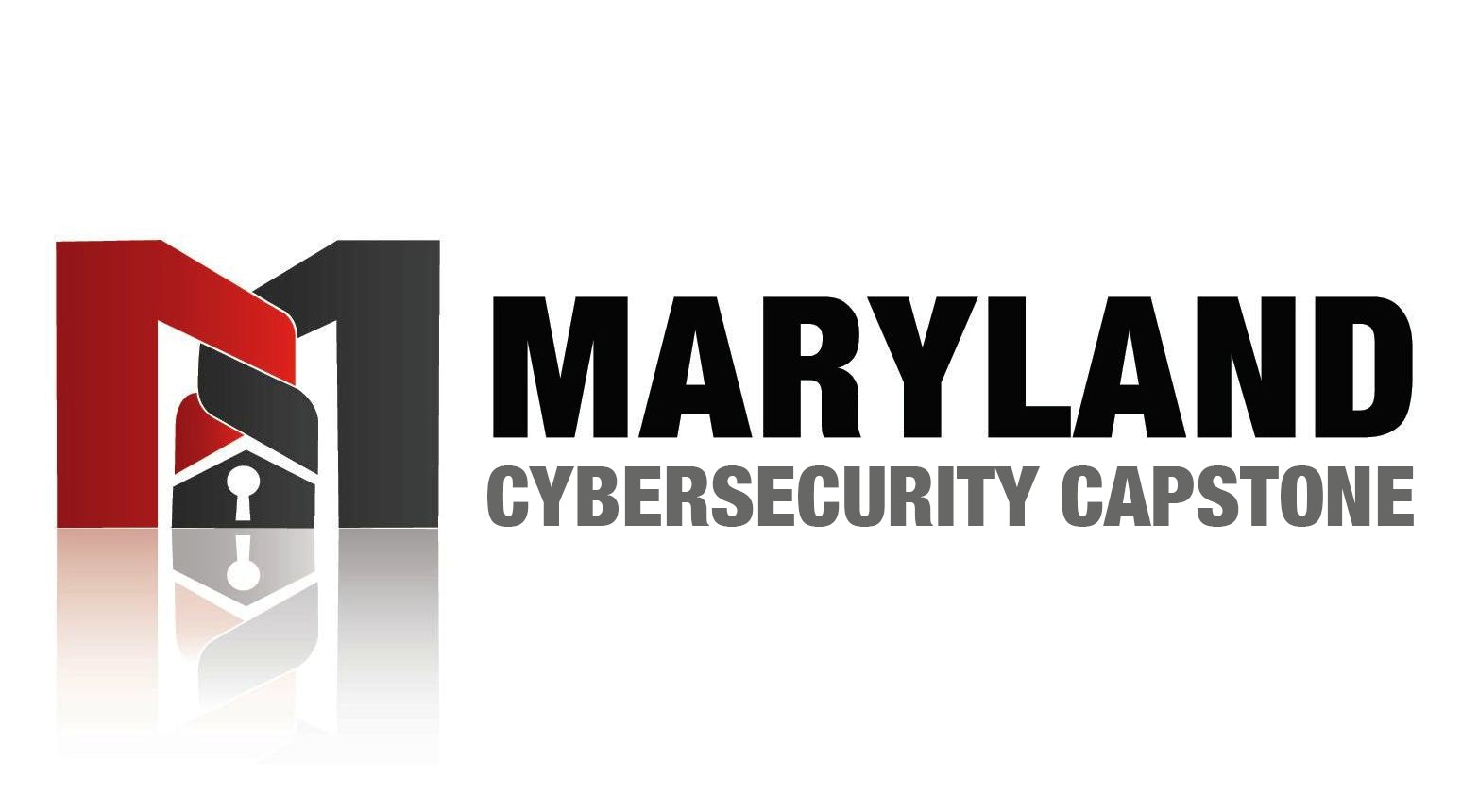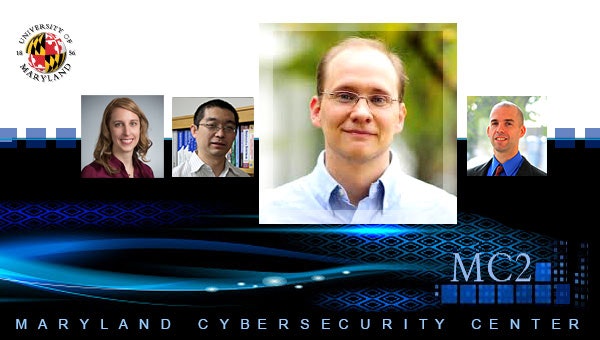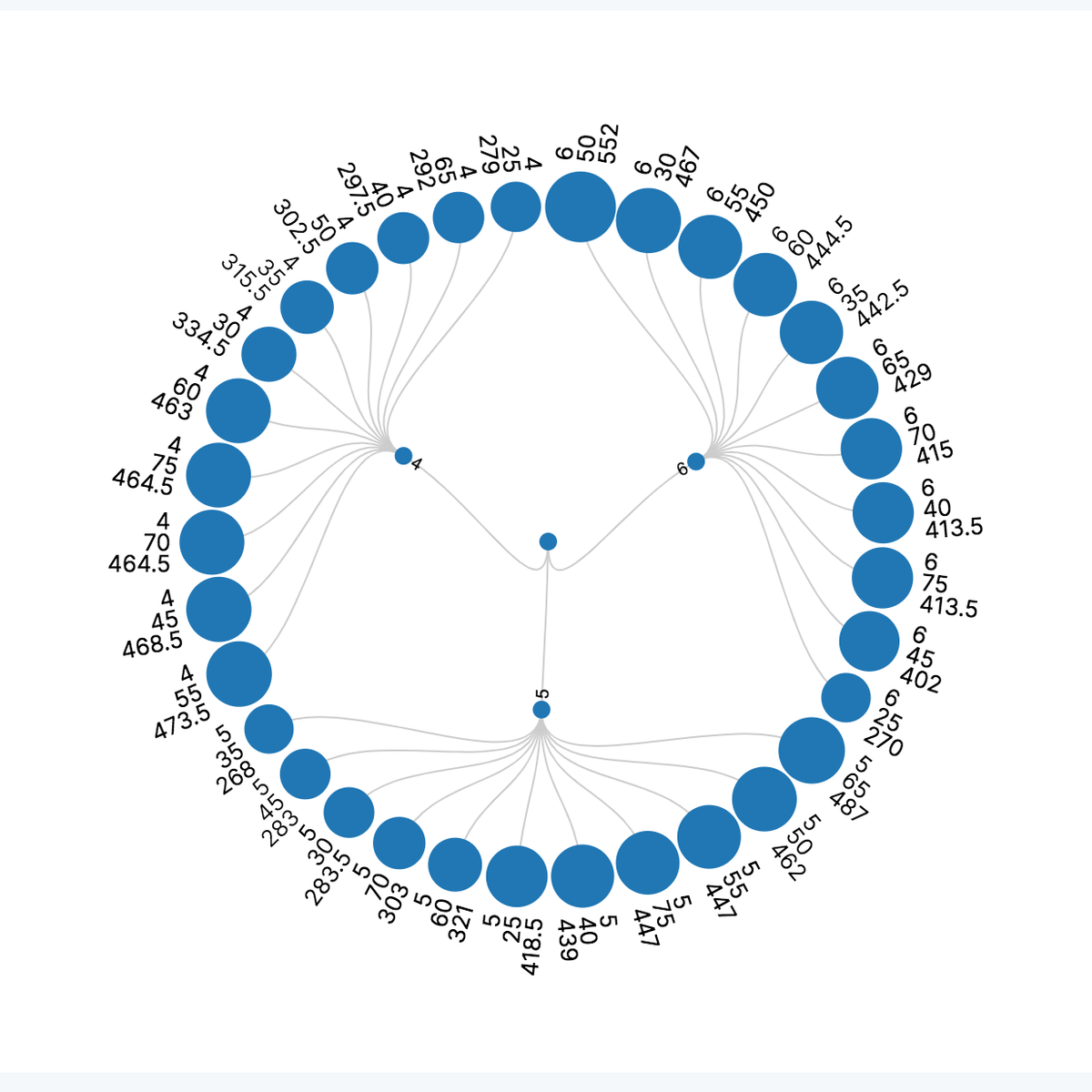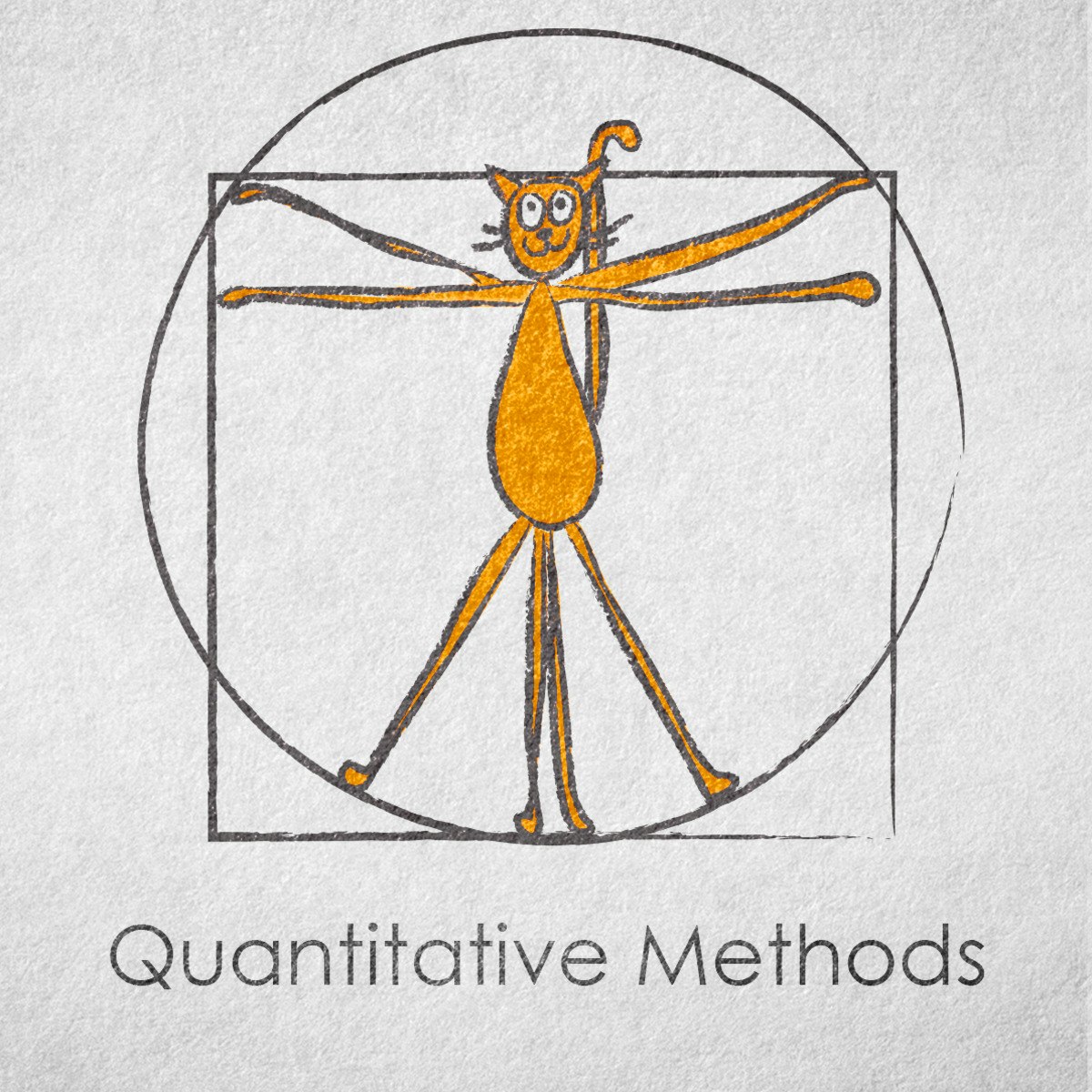Back to Courses









Research Methods Courses - Page 4
Showing results 31-40 of 48

On Being a Scientist
On Being a Scientist will provide you with an overview of scientific conduct & ethics, what it means to be a scientist and allows you to become acquainted with academic practice, thus meeting a demand for increased awareness in scientific integrity.
This course is designed to inform you on topics as scientific integrity and social responsibilities of scientists.
Broad questions, which are inseparably linked to these topics are discussed: namely regarding the nature of science and the societal role it fulfills.
Course objectives:
After this course you will:
1) Understand the basic principles of science, and know what is "not done".
2) Have a realistic image of science and scientists.
3) Recognize integrity dilemmas, know how to respond in clear cases, and have the skills to respond prudently in unclear cases.
4) Know and understand the differences and similarities of various disciplines.
5) Have a basic understanding of the role of science in society, realise your own societal responsibilities, and are able to take a position in societal issues where science plays a role.
The course consists of a feature film, supported by short lectures, set to serve as a starting point for the discussions and assignments.

Computational Fluid Mechanics - Airflow Around a Spoiler
In this hands-on project, you will learn about Computational Fluid Dynamics (CFD) and perform an incompressible fluid flow simulation around a spoiler using the cloud-based simulation tool SimScale. We will set up simulation cases with provided geometries to learn the fundamentals of CFD and how a spoieler simulation is approached and set up in the first place. We will walk through the classical three step process of every simulation which includes the pre-processing, processing and post-processing step.
SimScale is an engineering simulation platform that is revolutionizing the way engineers, designers, scientists, and students design products. The SimScale platform is accessible completely via a standard web browser, with an easy-to-use interface which supports numerous simulation types including solid mechanics (FEM), fluid dynamics (CFD) & thermodynamics.
This course runs on Coursera's hands-on project platform called Rhyme. On Rhyme, you do projects in a hands-on manner in your browser. You will get instant access to pre-configured cloud desktops containing all of the software and data you need for the project, for this project you need no special setup or any data. Everything is already set up directly in your internet browser so you can just focus on learning!
Notes:
- This course works best for learners who are based in the North America region. We’re currently working on providing the same experience in other regions.

Understanding Research Methods
This MOOC is about demystifying research and research methods. It will outline the fundamentals of doing research, aimed primarily, but not exclusively, at the postgraduate level. It places the student experience at the centre of our endeavours by engaging learners in a range of robust and challenging discussions and exercises befitting SOAS, University of London's status as a research-intensive university and its rich research heritage.
The course will appeal to those of you who require an understanding of research approaches and skills, and importantly an ability to deploy them in your studies or in your professional lives. In particular, this course will aid those of you who have to conduct research as part of your postgraduate studies but do not perhaps have access to research methods courses, or for those of you who feel you would like additional support for self-improvement. No prior knowledge or experience in research is required to take this course and as such, the course is for everyone.
This MOOC draws on a wealth of existing course material developed to support research training across SOAS, University of London and particularly drawing from the Centre for International Studies and Diplomacy (CISD). In 2015, the course was nominated for the prestigious Guardian University Award for its innovative approach to online learning.
Participation in or completion of this online course will not confer academic credit for University of London programmes

Excel/VBA for Creative Problem Solving, Part 2
"Excel/VBA for Creative Problem Solving, Part 2" builds off of knowledge and skills obtained in "Excel/VBA for Creative Problem Solving, Part 1" and is aimed at learners who are seeking to augment, expand, optimize, and increase the efficiency of their Excel spreadsheet skills by tapping into the powerful programming, automation, and customization capabilities available with Visual Basic for Applications (VBA).
In Part 2 of the course, learners will: 1) learn how to work with arrays and import/export arrays from/to Excel using VBA code; 2) learn how to work with text strings and write data to .txt files and import information from .txt files; 3) automate the import, modification, and consolidation of information from multiple worksheets into a central worksheet as well as the import of information from multiple workbooks to a central workbook; and 4) gain experience with creating professional user forms to interface with the user, perform advanced calculations, and manipulate data on the spreadsheet.
Learners who have a foundational understanding of VBA code and programming structures can jump right into Part 2 of the course without taking Part 1 and use the screencasts in Part 1 as reference.
Each module will introduce foundational and broad problems inspired by situations that you might encounter in the real world. To pass each module, you'll need to pass a mastery quiz and complete a problem solving assignment. This course is unique in that the weekly assignments are completed in-application (i.e., on your own computer in Excel), providing you with valuable hands-on training.

Cybersecurity Capstone Project
This course presents an intensive experience during which students build a software system they intend to be secure, and then attempt to show that other students' projects are insecure, by finding flaws in them.
A Note on Capstone Frequency:
Please note that sessions of this Cybersecurity Capstone Project only run 3-4 times a year, depending on course team availability and learner interest. Please keep this in mind as you enroll into the Capstone program. While you will still be able to access certain elements of the course between sessions, you will not be able to submit assignments or be grouped into teams unless you are in an actively running session.

Aeroecology: Exploring Biodiversity with Radar
Learn how aeroecology, a discipline that studies airborne life forms, has been revolutionised with the use of radar with this unique course. This course is designed to help scientists, researchers as well as ecology enthusiasts to develop skills in using radar to explore biodiversity.
You will explore the origins and evolution of radar from a military technology to a powerful tool with multiple scientific applications, including aeroecology. You will then be introduced to studying global biodiversity trends and learn how to evaluate traditional methods and emerging technologies used by scientists to monitor the natural world.
You will then delve deeper to understand how radar science can be used to measure and monitor biodiversity and evaluate its advantages over existing methods of biodiversity measurement.
Through real life case studies, you will learn how to interpret data visualisations and radar data output, how to quantify the biomass of species, and you will discover the taxonomic limits of the technology.
By the end of the course, you will have explored how this new field of study can be used to transform biological and agricultural research as well as inform environmental regulation and policy.

Cryptography
This course will introduce you to the foundations of modern cryptography, with an eye toward practical applications.

NetLogo's BehaviorSpace + RAWGraphs
In this project-based course, you will be introduced to and explore one of the most relevant features of NetLogo: BehaviorSpace. The context behind such a feature is that a model's true insights arise when it runs multiple times with different combinations of settings (parameter values). This approach, sometimes referred to as parameter sweeping, allows the researcher to observe a large range of behaviors that the system is capable of producing. And that is exactly what you will be doing.
In addition to that, you will analyze the results of your BehaviorSpace experiments with an open and entry-level (codeless) data analysis tool: RAWGraphs 2.0. With it, you will create many insightful data visualizations, which can all be brought together in a project's report.
Note: This course works best for learners who are based in the North America region. We’re currently working on providing the same experience in other regions.

Introduction to Line Balancing Using Precedence Diagram
In this 1-hour 30-minutes long project-based course, you will learn how to o define what is meant by cycle time and how to calculate it, draw a precedence diagram for your given process and calculate the idle time for this process, you will be able to calculate the efficiency of the system and the minimum number of workstations and how to assign tasks to these workstations, by applying all of these you will create a complete line balancing system.
Note: This course works best for learners who are based in the North America region. We’re currently working on providing the same experience in other regions.

Quantitative Methods
Discover the principles of solid scientific methods in the behavioral and social sciences. Join us and learn to separate sloppy science from solid research!
This course will cover the fundamental principles of science, some history and philosophy of science, research designs, measurement, sampling and ethics. The course is comparable to a university level introductory course on quantitative research methods in the social sciences, but has a strong focus on research integrity. We will use examples from sociology, political sciences, educational sciences, communication sciences and psychology.
Popular Internships and Jobs by Categories
Find Jobs & Internships
Browse
© 2024 BoostGrad | All rights reserved